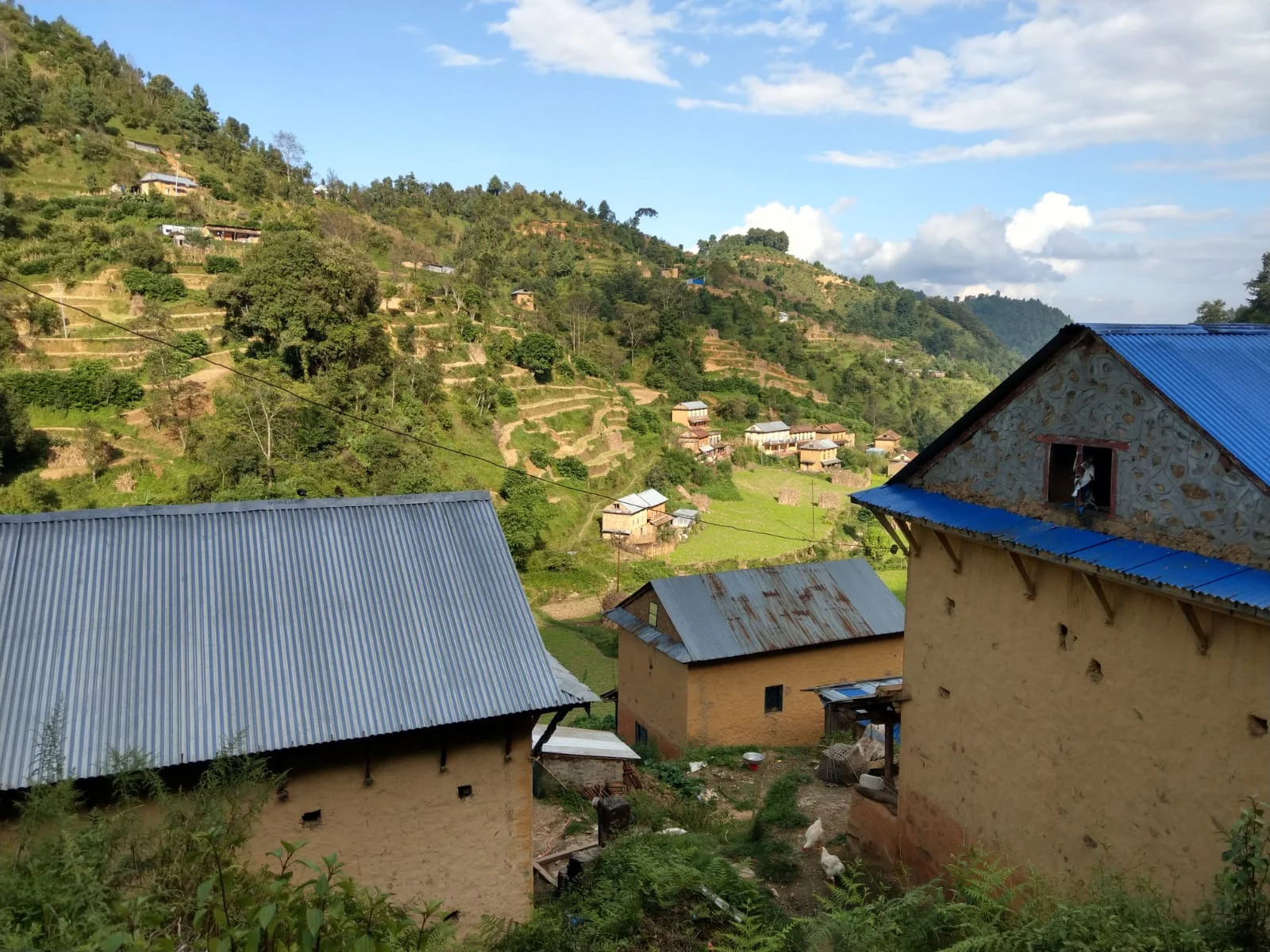We are delighted to announce that we’ve been awarded grant support through the Energy Catalyst programme run by Innovate UK and funded by The Department for International Development (DFID) and the Engineering and Physical Sciences Research Council (EPSRC). The project will allow us to deploy commercial trials for our new product, “EMBLEM”, in Rwanda and Nepal. After a successful proof-of-concept trial on the Isle of Iona, Scotland, we have teamed up with local solar energy providers Dassy Enterprise (Rwanda) and Gham Power (Nepal) and our ongoing UK partners Swanbarton and Connected Energy Technologies to test a new approach to mini-grid and on-grid energy access infrastructure.
Our aim is to unlock the potential of electricity grids in the Global South by empowering people to own their own renewable energy whilst giving confidence to mini-grid providers and national utilities to make longer term investment decisions.
The United Nations aims to achieve universal access to electricity by 2030. Politicians say that they’re making progress in delivering that. But what they call ‘access’ doesn’t necessarily mean availability or reliability of clean energy. For example, in many rural areas of Odisha, India - where we have worked since 2014 - new electricity connections through the national grid or local mini-grids provide each household just one light bulb’s worth of electricity. And that light bulb is available just 4-8 hours a day. This is typical across much of the Global South, and is a long way from the kind of electricity ‘access’ that we get in the UK.
In places like Odisha, just like in the UK in times gone by, electricity demand increases as wealth increases, whilst simultaneously the cost of off-grid consumer appliances, such as fans to keep cool and fridges to store medicines, are becoming cheaper. But to service this rising electricity demand, mini-grids need to be constantly upgraded which is beyond householders’ means and is too risky an investment for the private sector.
To address these challenges, Scene Connect and Swanbarton have developed an ‘evolving’ mini-grid and trading system, EMBLEM, that supports organic incremental expansion without large investment steps.
The EMBLEM minigrid begins with a central generation and storage unit that delivers electricity to connected end users. End users will be able to buy their own affordably small generation or storage assets and connect them to the minigrid. The trading system means that when they produce more power than they can self-consume, they can share the benefits of their investment with their neighbours, who pay them for the power.
EMBLEM gives domestic and small business users an income opportunity from energy where there presently is none. It enables organic growth in mini-grid capacity, so that end users can gradually improve their mini-grid. It gives mini-grid investors confidence to make long term investments because they know that there will be an escalating payback.
EMBLEM can also be used in urban, on-grid areas, creating local energy markets for consumers, prosumers and national utilities. By facilitating on-grid local energy markets, EMBLEM provides new income streams for end-users with assets like rooftop solar PV or a battery.
Innovate UK funding will allow the team to continue technical development of the EMBLEM energy trading platform – testing it in a mini-grid in Rwanda, and in on-grid contexts in Nepal.
Notes:
Innovate UK is part of UK Research and Innovation, a non-departmental public body funded by UK government. It drives productivity and economic growth by supporting businesses to develop and realise the potential of new ideas, including those from the UK’s world-class research base.
The Department for International Development is a UK government department responsible for administering overseas aid. The goal of the department is "to promote sustainable development and eliminate world poverty".
Photo credit: ‘Hills Southeast of Kathmandu’, Vijay Bhopal – September 2018

